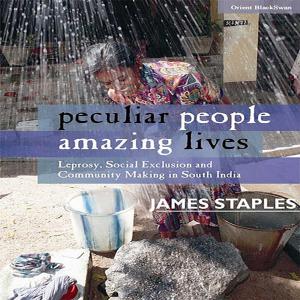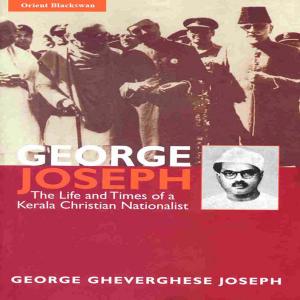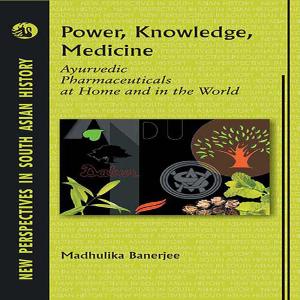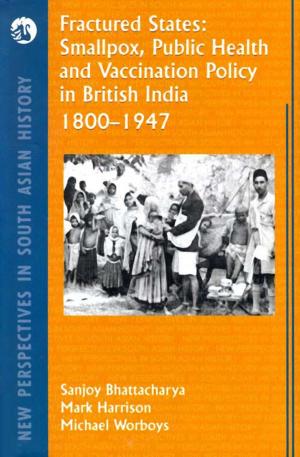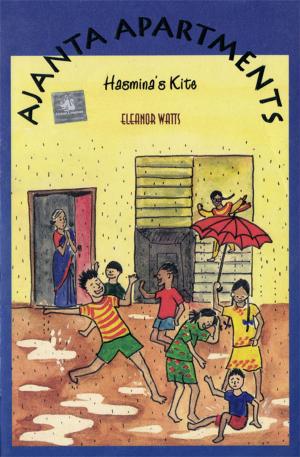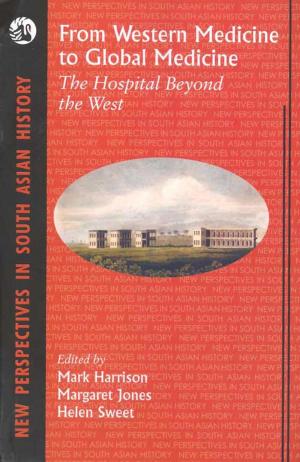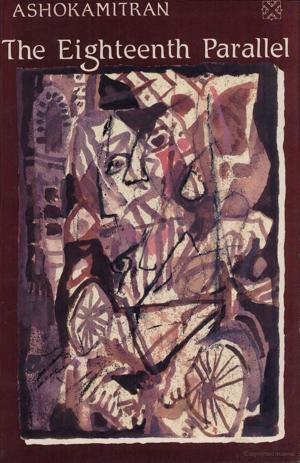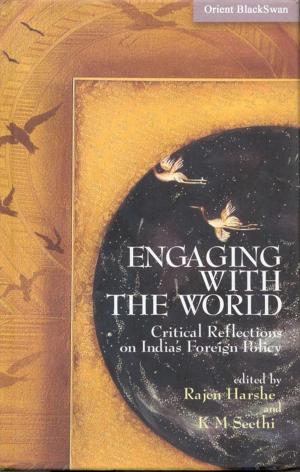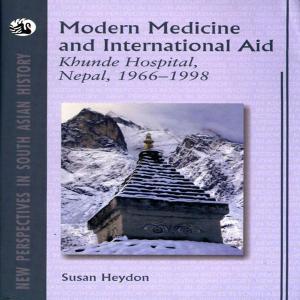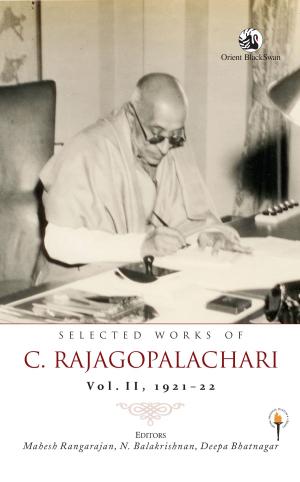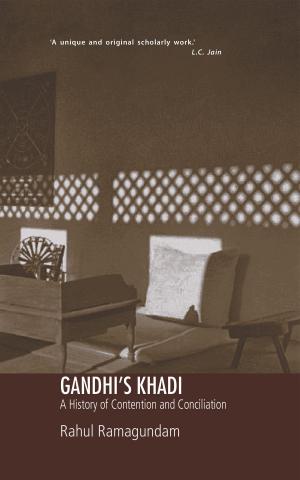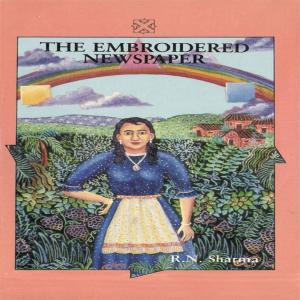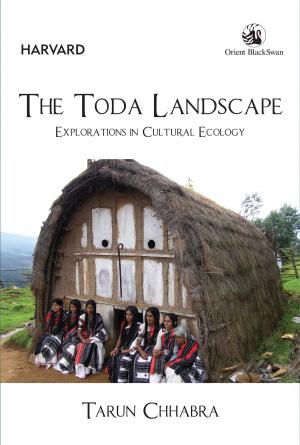| Author: | Ashapurna Debi, Indira Chowdhury | ISBN: | 9788125059226 |
| Publisher: | Orient Blackswan Private Limited | Publication: | December 15, 2009 |
| Imprint: | Language: | English |
| Author: | Ashapurna Debi, Indira Chowdhury |
| ISBN: | 9788125059226 |
| Publisher: | Orient Blackswan Private Limited |
| Publication: | December 15, 2009 |
| Imprint: | |
| Language: | English |
The First Promise is a translation of Ashapurna Debi’s novel, Pratham Pratisruti , originally published in Bengali in 1964. Celebrated as one of the most popular and path-breaking novels of its time, it has received continual critical acclaim: the Rabindra Puraskar (the Tagore Prize) in 1966 and the Bharitiya Jnanpith, India’s highest literary award, in 1977. Spanning the late eighteenth and early twentieth centuries, Ashapurna tells the story of the struggles and efforts of women in nineteenth-century, colonial Bengal in a deceptively easy and conversational style. The charming eight-year old heroine, Satyabati is a child bride who leaves her husband’s village for Calcutta, the capital of British India where she is caught in the social dynamics of women’s education, social reform agendas, modern medicine and urban entertainment. As she makes her way through this complex maze, making sense of the rapidly changing world around her, Satyabati nurtures hopes and aspirations for her daughter. But the promises held out by modernity turn out to be empty, instigating Satyabati to break away from her inherited world and initiate a quest that takes her to the very heart of tradition.Indira Chowdhury’s confident translation, with its conscious choice of Indian English equivalents over British and American colloquialisms, carries across the language divide the flavour of Ashapurna’s unique idiomatic style. This edition also includes the translator’s reflections on the process of translation itself.
The First Promise is a translation of Ashapurna Debi’s novel, Pratham Pratisruti , originally published in Bengali in 1964. Celebrated as one of the most popular and path-breaking novels of its time, it has received continual critical acclaim: the Rabindra Puraskar (the Tagore Prize) in 1966 and the Bharitiya Jnanpith, India’s highest literary award, in 1977. Spanning the late eighteenth and early twentieth centuries, Ashapurna tells the story of the struggles and efforts of women in nineteenth-century, colonial Bengal in a deceptively easy and conversational style. The charming eight-year old heroine, Satyabati is a child bride who leaves her husband’s village for Calcutta, the capital of British India where she is caught in the social dynamics of women’s education, social reform agendas, modern medicine and urban entertainment. As she makes her way through this complex maze, making sense of the rapidly changing world around her, Satyabati nurtures hopes and aspirations for her daughter. But the promises held out by modernity turn out to be empty, instigating Satyabati to break away from her inherited world and initiate a quest that takes her to the very heart of tradition.Indira Chowdhury’s confident translation, with its conscious choice of Indian English equivalents over British and American colloquialisms, carries across the language divide the flavour of Ashapurna’s unique idiomatic style. This edition also includes the translator’s reflections on the process of translation itself.

